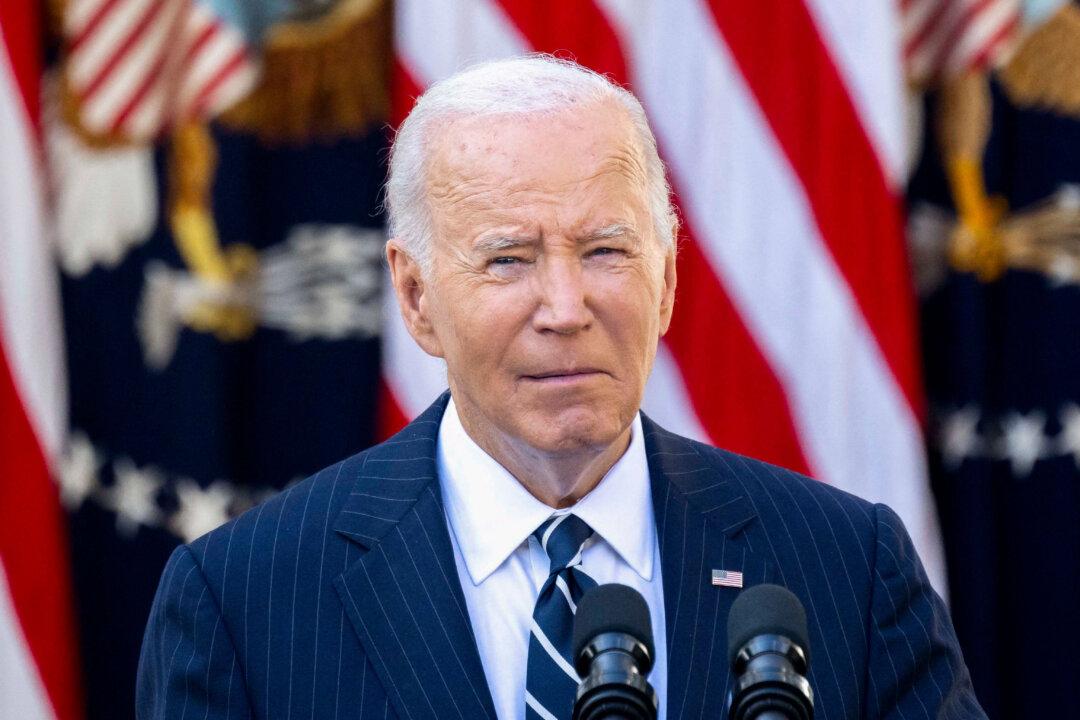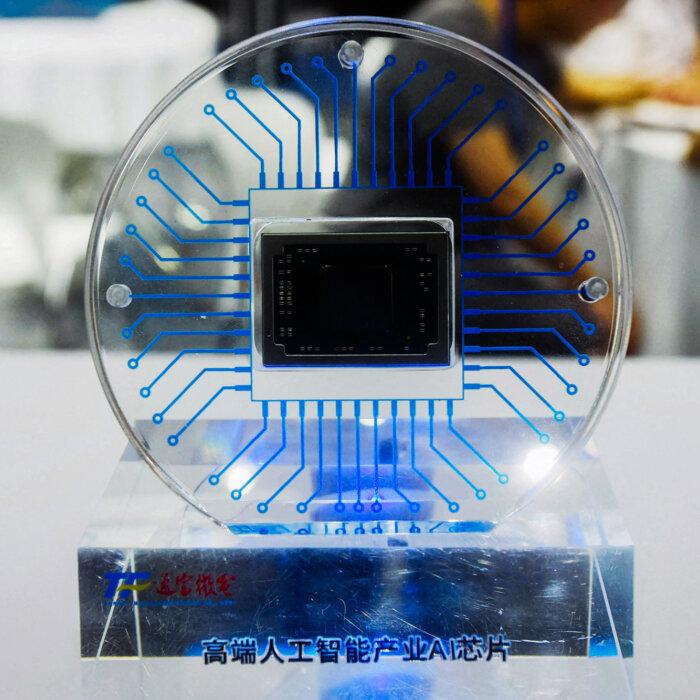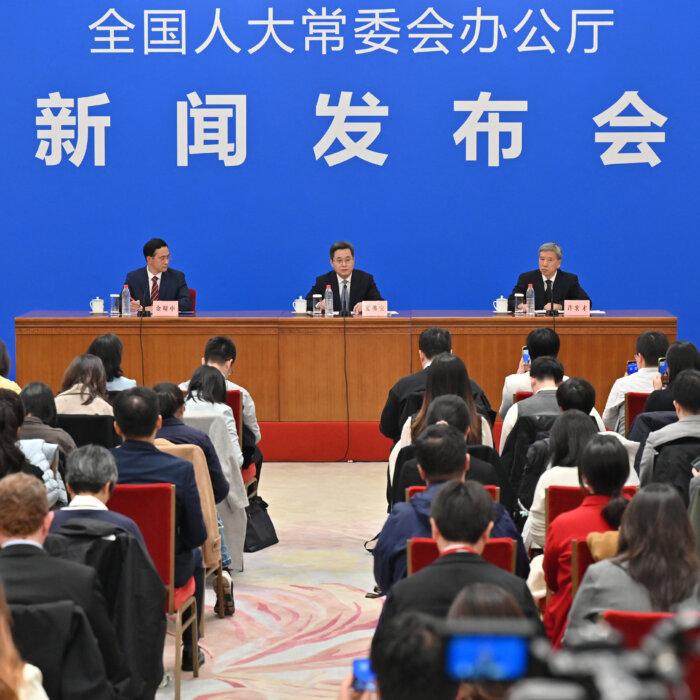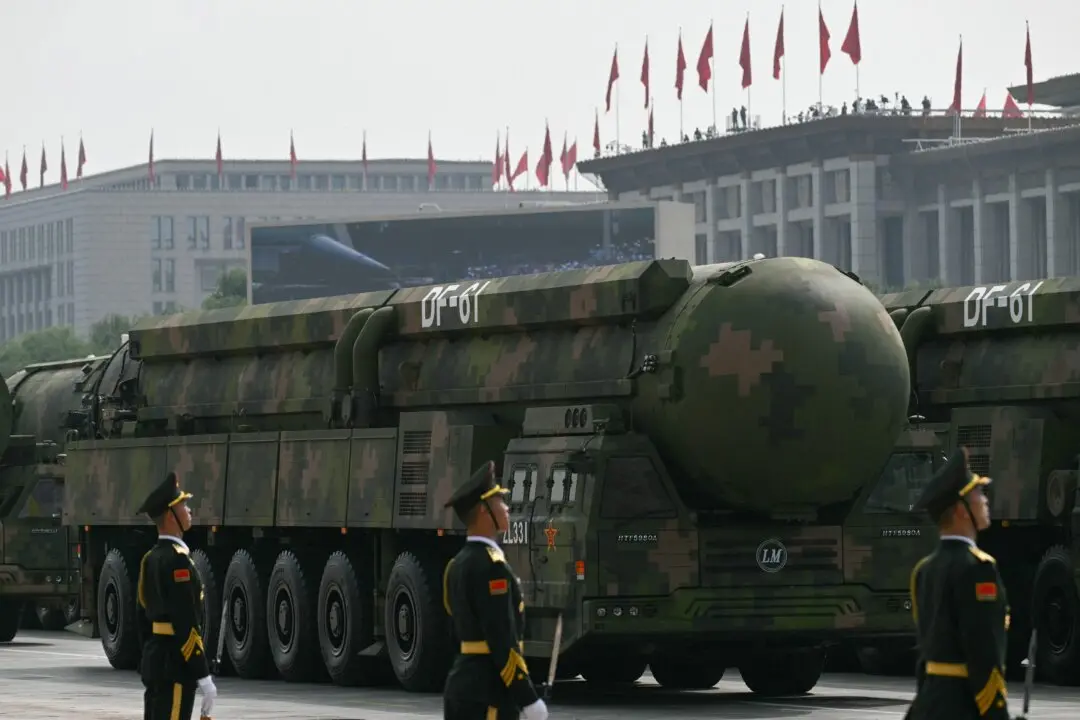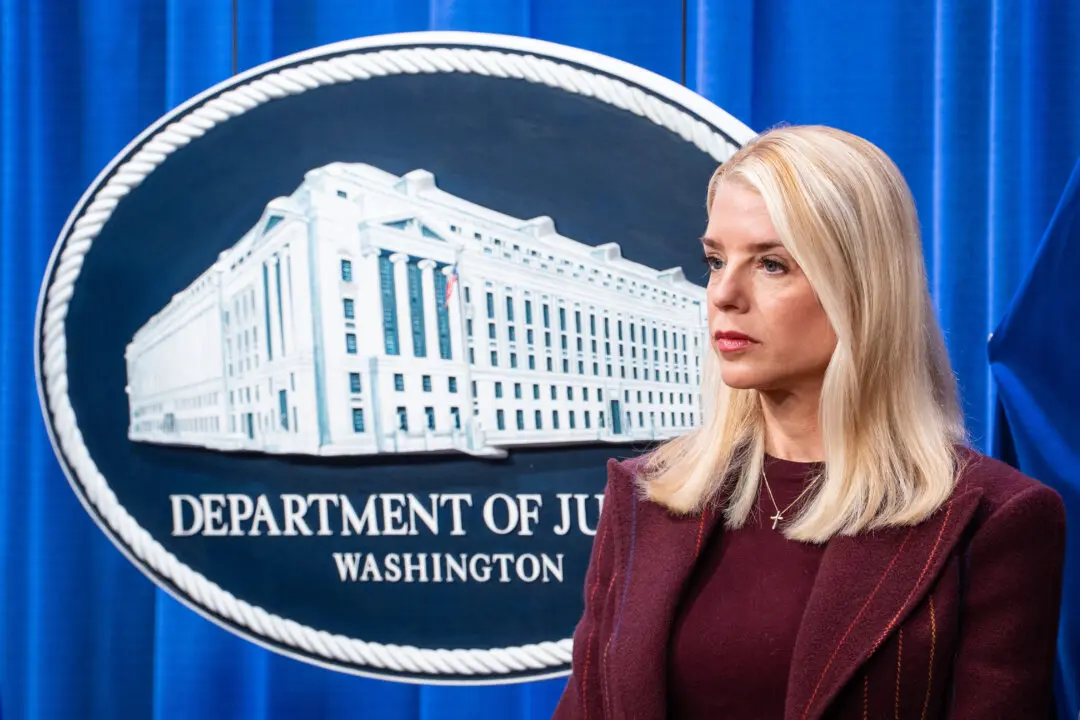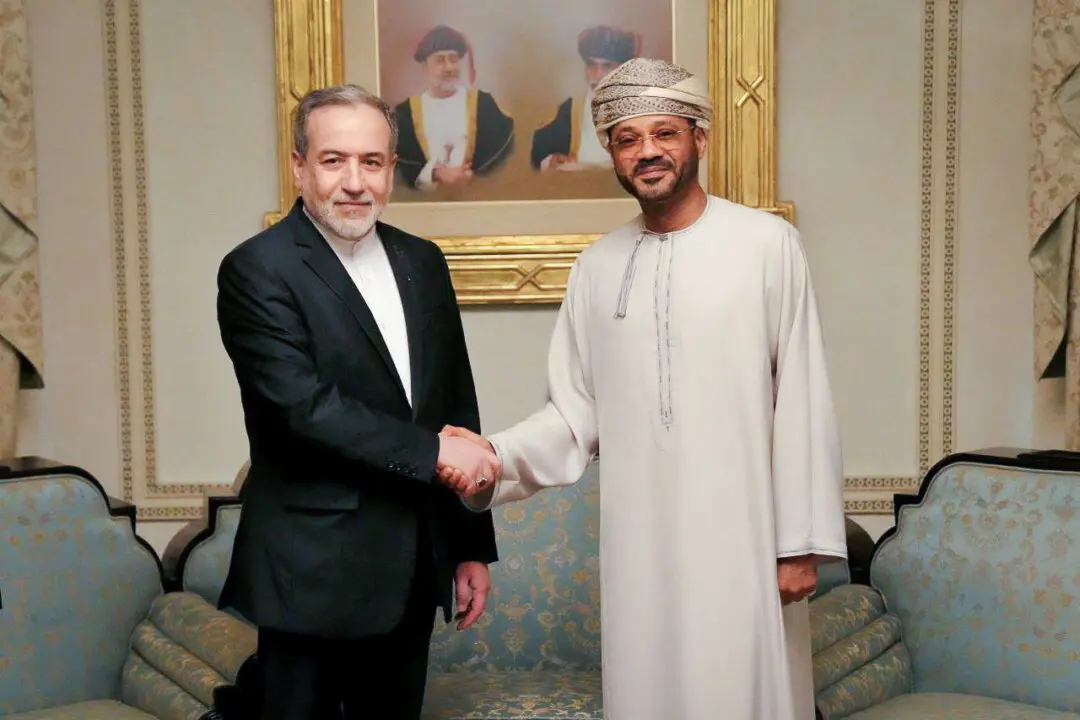President Joe Biden will meet with Chinese leader Xi Jinping on the sidelines of the Asia-Pacific Economic Cooperation (APEC) summit in Peru on Nov. 16.
During a Nov. 13 press call, a senior administration official said the bilateral meeting will serve as an opportunity to review U.S.–China relations throughout the Biden administration and efforts to advance “shared interests” despite “deep differences and intense competition” between both nations.
The senior administration official said Biden is expected to emphasize the importance of “peace and stability across the Taiwan Strait.”
Taiwan governs itself as a de facto independent nation, but the Chinese Communist Party (CCP) views the island as part of its territory. The United States has maintained a position of strategic ambiguity toward Taiwan since the 1970s, avoiding formal diplomatic relations with Taiwan but pursuing economic relations and supporting it militarily.
The senior administration official said Biden may also raise concerns about the CCP’s expansive actions throughout the South China Sea.
“In his many conversations with President Xi, President Biden has consistently also underscored the critical importance of respect for human rights, and I expect he will do so again,” the senior administration official said.
The official said Biden will also raise “his long-standing concern with the PRC’s [People’s Republic of China’s] unfair trade policies and nonmarket economic practices” during the upcoming meeting with Xi.
Other topics of discussion between Biden and Xi could include continuing military-to-military communications, joint counter-narcotics efforts to stop the illicit flow of opioids and precursor chemicals from China into the United States, and efforts to address the risks posed by emerging artificial intelligence technologies.
White House national security adviser Jake Sullivan said the meeting will also help “ensure a smooth transition” as President-elect Donald Trump returns to the White House.
Sullivan said the Biden administration has bolstered U.S. alliances and partnerships in the Indo-Pacific region that could prove critical to holding China in check.
“When [Biden] goes to this Asia-Pacific summit in Peru, he'll go with our alliances in the Indo-Pacific at a literal all-time high—Japan, Korea, Australia, the Philippines,“ Sullivan said. ”A really remarkable record over four years. And that’s what he’s going to hand off to President Trump.”
Biden and Xi last met on the sidelines of the APEC summit in Woodside, California, last year.
The Biden administration has been working to set up a meeting with Xi since late August, when Sullivan visited Beijing. The upcoming meeting is expected to be the last one Biden has with Xi during his presidency.
The senior administration official said Biden and Xi have been able to speak “candidly and forthrightly” with each other over the years.
The United States has been working to counter the CCP’s malign influence worldwide in recent years.
One of China’s main engines for growing its global influence has been the Belt and Road Initiative (BRI), also known as “One Belt, One Road,” which has seen Beijing invest in infrastructure projects throughout the developing world.
Xi is expected to sign a revised trade agreement with Peruvian President Dina Boluarte this week ahead of the APEC summit in Peru.
Peru is preparing to open its Chancay mega port, built in conjunction with the Chinese shipping giant COSCO Shipping Ports.
The senior administration official said the Biden administration has worked to expand U.S. private investment overseas to counter China and is concerned with ensuring that U.S. investments provide an alternative that promotes long-term fiscal stability for partner nations.
